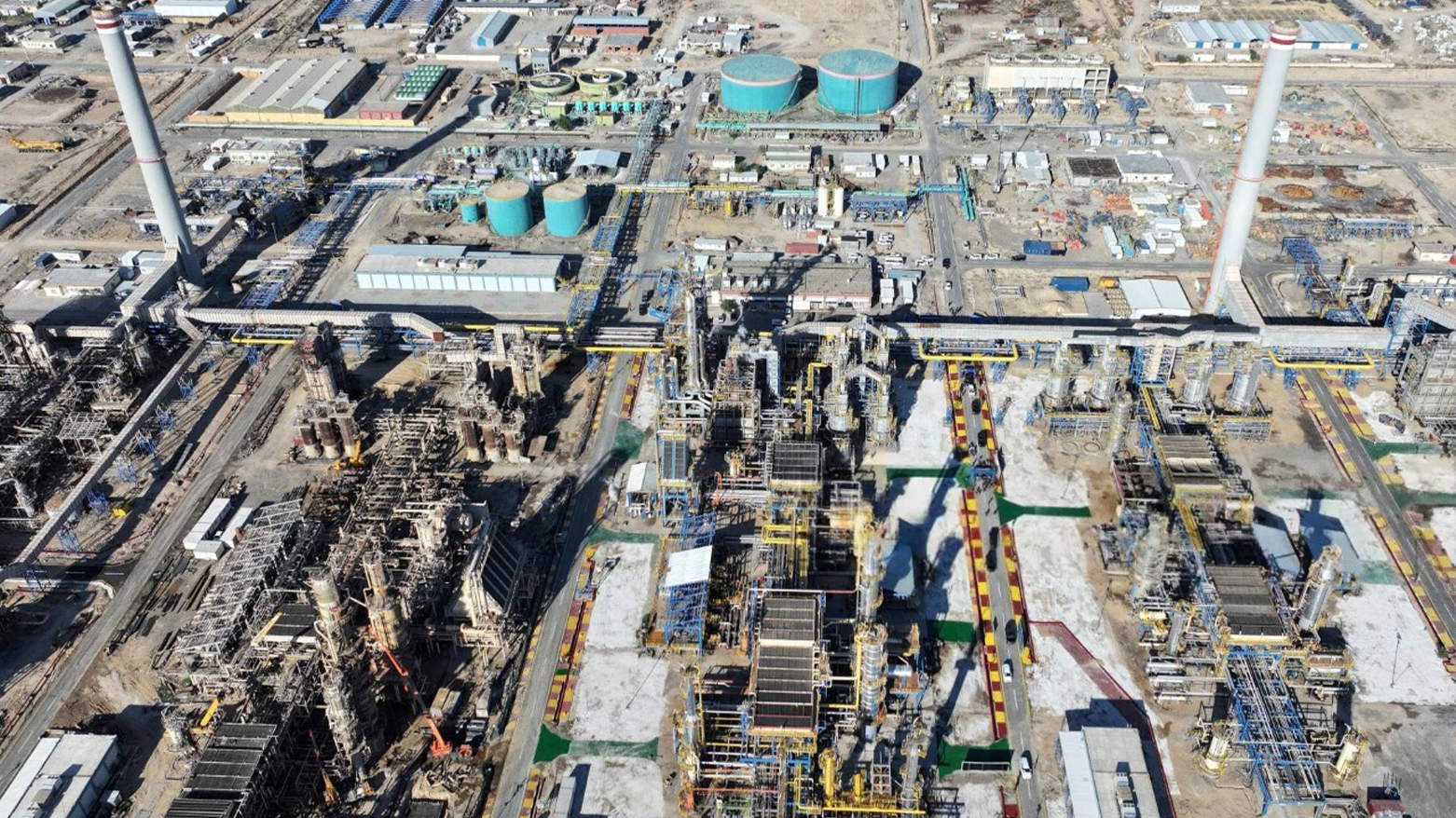Gas Pipeline Explosion Rocks Southern Kirkuk, Sparks Major Fire
A major gas pipeline explosion near southern Kirkuk ignited a massive fire, halting traffic and raising concerns over energy infrastructure security. The blast, affecting the Ajil-Baiji line, caused no casualties. Emergency teams are working to contain the blaze.

By Kamaran Aziz
ERBIL (Kurdistan24) – A major gas pipeline explosion has occurred near the southern borders of Kirkuk, triggering a massive fire and disrupting traffic between key areas. The incident was confirmed by Kurdistan24’s correspondent on the ground, who pinpointed the blast site in southern Kirkuk.
On Monday, Kurdistan24’s Soran Kamaran reported that the explosion took place at the Baiji station near the village of Muradiyah, strategically located between the sub-districts of Riyadh and Fatha.
According to exclusive images and video footage obtained by Kamaran, the blast ignited a massive fire that engulfed the area and halted all vehicular movement on the road connecting Kirkuk and Baiji, underscoring the severity of the incident.
Gas Pipeline Explosion Rocks Southern Kirkuk, Sparks Major Fire
— Kurdistan 24 English (@K24English) June 2, 2025
A major gas pipeline explosion near southern Kirkuk ignited a massive fire, halting traffic and raising concerns over energy infrastructure security. The blast, affecting the Ajil-Baiji line, caused no casualties.… pic.twitter.com/Cz2eRZMJxA
The affected pipeline is a critical conduit, transferring gas from the Ajil field to a northern gas company for processing. As of now, firefighting teams and emergency personnel are working intensively to contain the blaze.
Fortunately, there have been no reports of human casualties. However, the incident has raised fresh concerns over the vulnerability of vital energy infrastructure in regions often marred by instability and sabotage.
Investigations into the cause of the explosion are underway, though no official statement has yet been issued by local or federal authorities.
This explosion marks yet another disruption in Iraq’s already fragile energy grid and highlights the urgent need for increased security and maintenance protocols to protect essential assets.
